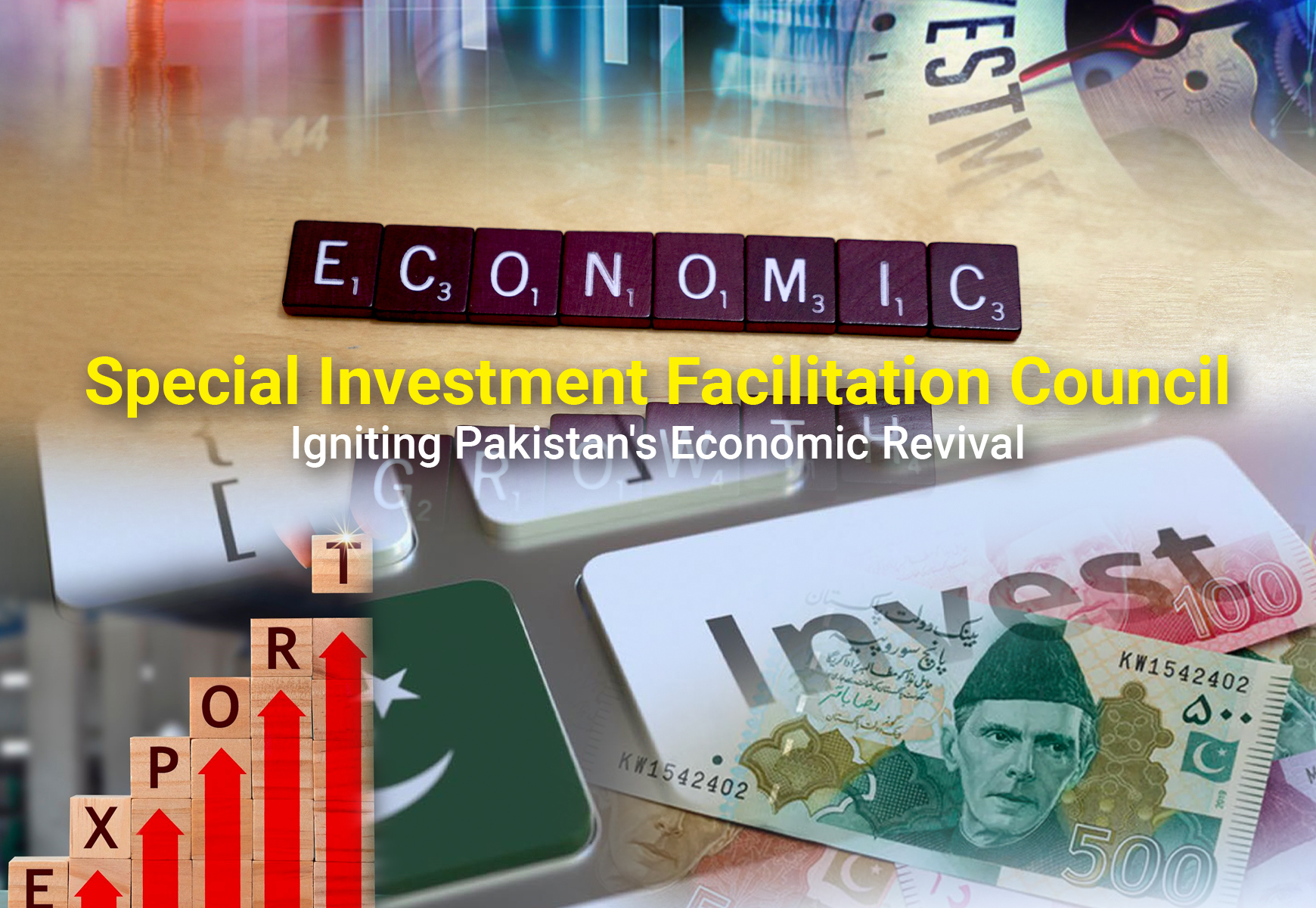|
Getting your Trinity Audio player ready...
|
A recent IMF report emphasizes the necessity of implementing safeguards for Pakistan’s Special Investment Facilitation Council (SIFC) to ensure transparency and accountability for projects falling under Pakistan’s existing PIMA framework, aimed at attracting and facilitating investment in the country.
The IMF report, released on Friday, underscores the importance of subjecting projects identified through the SIFC to Pakistan’s existing PIMA framework, given the SIFC’s authority to grant regulatory relief and other privileges, and the imperative of maintaining a fair playing field for all investors.
Read Also: IMF Projects Pakistan Lowered Financing Needs for FY 2024-25: Key Insights and Risks”
Despite notable advancements in the structural reform agenda within a short timeframe, the establishment of the Sovereign Wealth Fund (SWF) and SIFC in August 2023 poses potential risks to State-Owned Enterprises (SOE) reform and the business environment.
While Pakistan has met its financial targets under the IMF’s Stand-By Agreement, significant efforts are still required to address medium-term viability and tackle the country’s overarching structural issues, including limited export diversity, insufficient private investment, and foreign direct investment (FDI).
Moreover, Pakistan faces additional challenges such as a meager revenue base compared to the requirements for public investment, inadequate spending on healthcare and education despite significant human capital development needs, high poverty rates, and pervasive income and gender disparities.
In response to these challenges, Pakistani authorities have committed to the IMF to establish a comprehensive set of transparency and accountability measures for SIFC operations, ensuring that all investments made through the SIFC adhere to the standard Public Investment Management framework.

